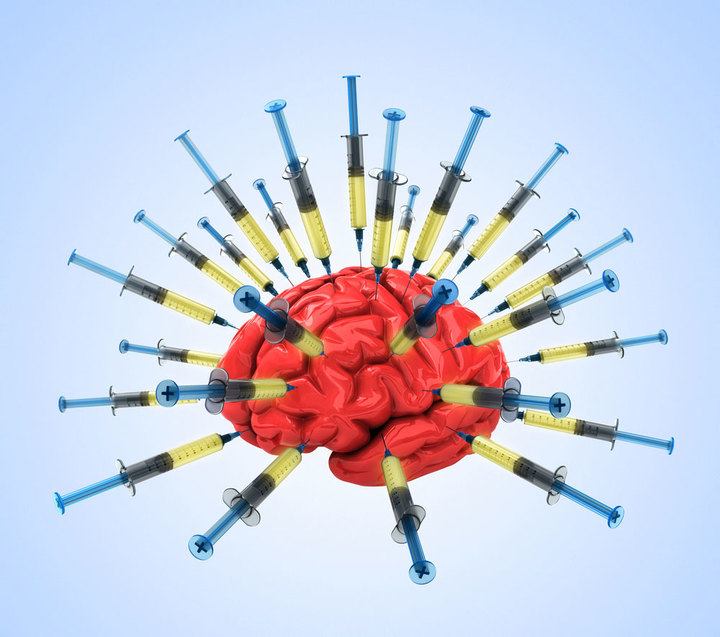cause other mental illnesses such as bipolar disorder and schizophrenia. These imbalances are not easily reversed and require further medical and psychiatric treatment.
A paper by a team of neurologists chronicles the various effects heroin has on the nervous system. They studied patients at a hospital in Harlem where heroin was widely used at the time of publication. The study adds that the opiate can cause nerve disorders, muscle disorders, lesions, hepatitis, tetanus and brain abscesses, causing inhibitions and complications.
Tetanus interferes with the signals sent from the brain to the spinal cord, resulting in muscle spasms, stiffness, epileptic seizures and fits.
Brain abscesses can slow down cognitive ability causing confusion, the inability to focus, sleepiness, and decreased sensation.
Hepatitis, through debilitating the liver, causes “brain fog” along with anxiety, confusion, and troubles with concentration and memory.
Street heroin may include toxic additives that clog the bloodstream and travel to the brain while permanently damaging vital organs.
Heroin overdoses cause suppressed breathing and affect the amount of oxygen that makes it to the brain, a condition called hypoxia. The lack of oxygen reaching the brain can have both long-term and short-term effects including coma and permanent brain damage.
Last year, the Centers for Disease Control and Prevention reported that between 2002 and 2013, heroin overdose death rates in the U.S. nearly quadrupled, rising from 0.7 deaths per 100,000 to 2.7 deaths per 100,000.
“There’s been a huge culture change,” said Ohio Attorney General Mike DeWine. “It used to be that, even people doing drugs, most would never think about doing heroin. It was a psychological line that they wouldn’t cross.”
















